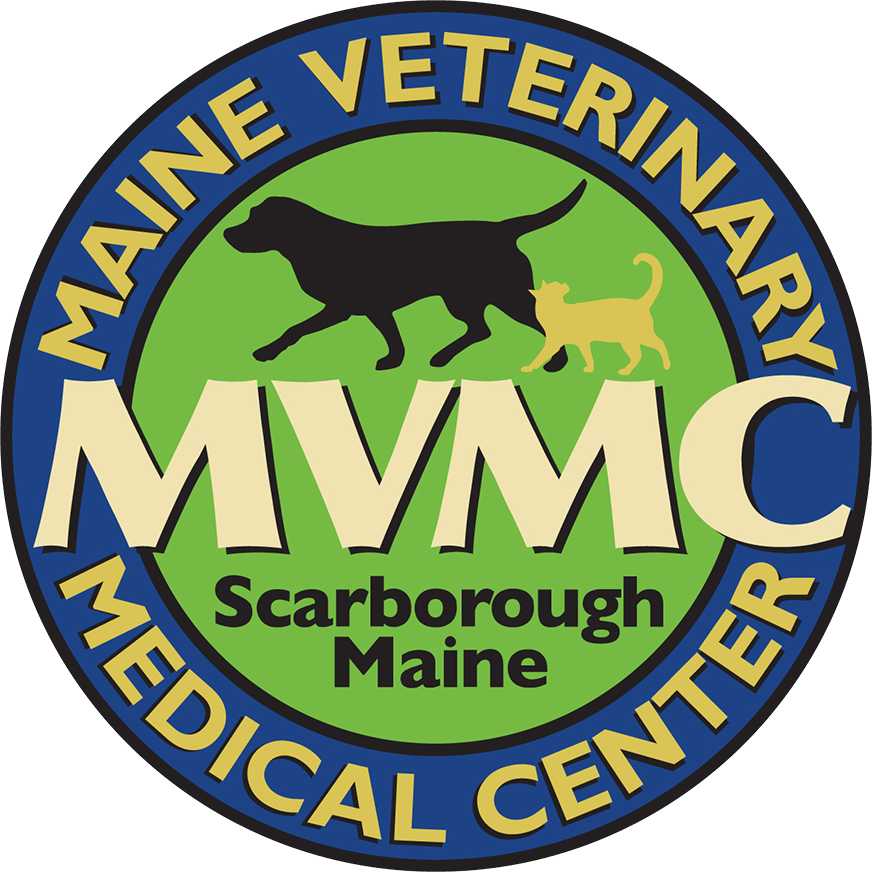It may come as a surprise to people when they learn that we have veterinary blood banks just like human blood banks – some national as well as smaller programs run out of individual hospitals. Here at MVMC, we currently screen and maintain a list of blood donors (both cats and dogs) that are pets belonging to our employees. Donors must be screened for general health and disease, so they undergo a physical exam with one of our critical care doctors and have extensive blood work tests for organ function and infectious diseases. In our feline patients, we also screen for occult heart disease with a pro-BNP test (see the previous blog post by Dr. Lopez!). Currently, at MVMC, we can only collect whole blood donations, but hope to expand to provide component therapy as well.
There are several different blood products that we can administer to our patients for various disease processes. A whole-blood donation is the blood directly from a donor mixed with an anti-coagulant agent to prevent it from clotting prior to transfusion. This can further be separated into components – the packed red blood cells and the plasma (fluid component containing important proteins, clotting factors, and more) – by a process called centrifugation. Different products are selected based on the underlying condition a patient is diagnosed with and whether they need the red blood cells, the plasma components, or both. Other available blood products for dogs include cryoprecipitate (for specific clotting disorders), platelet products, and albumin (an extremely important blood protein). Recently, some of these products have gone on allotment and they have been more difficult to source, but our ICU team has been very diligent to ensure our blood fridge is stocked consistently with the products that are available to us.
We can use these blood products individually or in combination to treat many different problems in our patients. Some of the most common (and not so common!) things we treat include blood loss from trauma, internal bleeding from ruptured tumors, anti-coagulant rodenticide toxicity, anemia associated with immune-mediated hemolytic anemia (IMHA) and immune-mediated thrombocytopenia (ITP), GI bleeding, and some inherited bleeding conditions including hemophilia and von Willebrand disease. While we hope your pet never needs them, we are very lucky to be able to provide these treatments to our patients!

